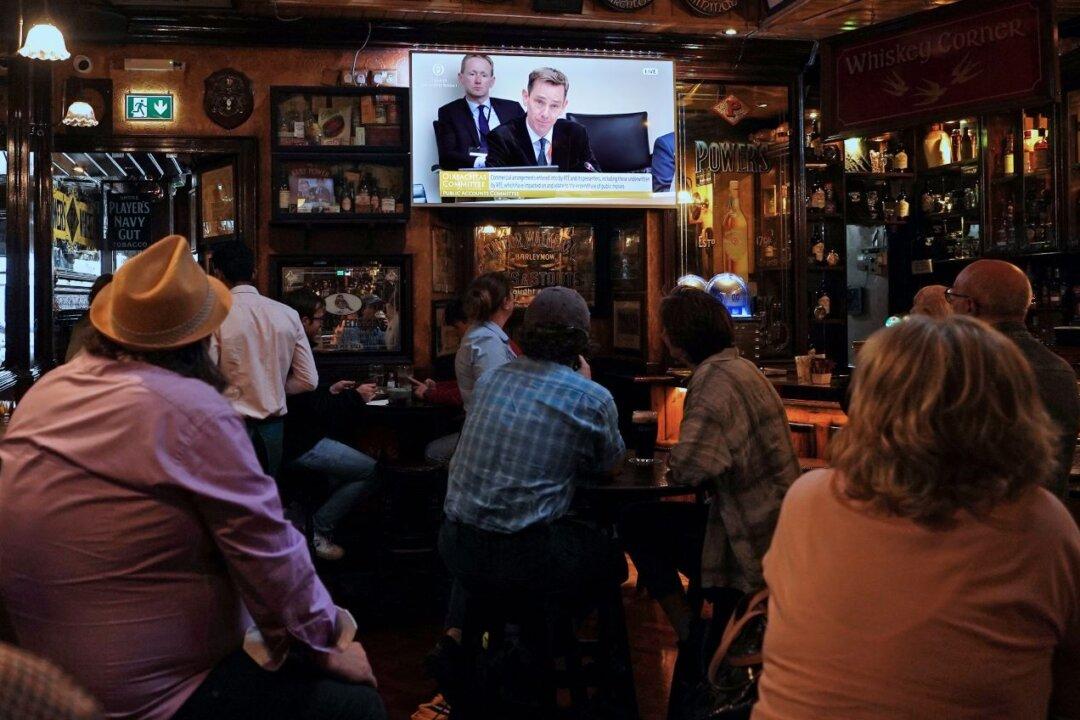The Republic of Ireland’s national broadcaster, Radio Telefis Éireann (RTE), has reported a big fall in licence fee revenue in the wake of a high profile scandal around the earnings of broadcaster Ryan Tubridy.
Mr. Tubridy was RTE’s highest-paid employee prior to stepping down from his role presenting the flagship “Late Late Show” in May, but it later emerged that he received secret payments of 345,000 euros (£296,800) over five years on top of his annual salary of just under 500,000 euros (£428,000).





